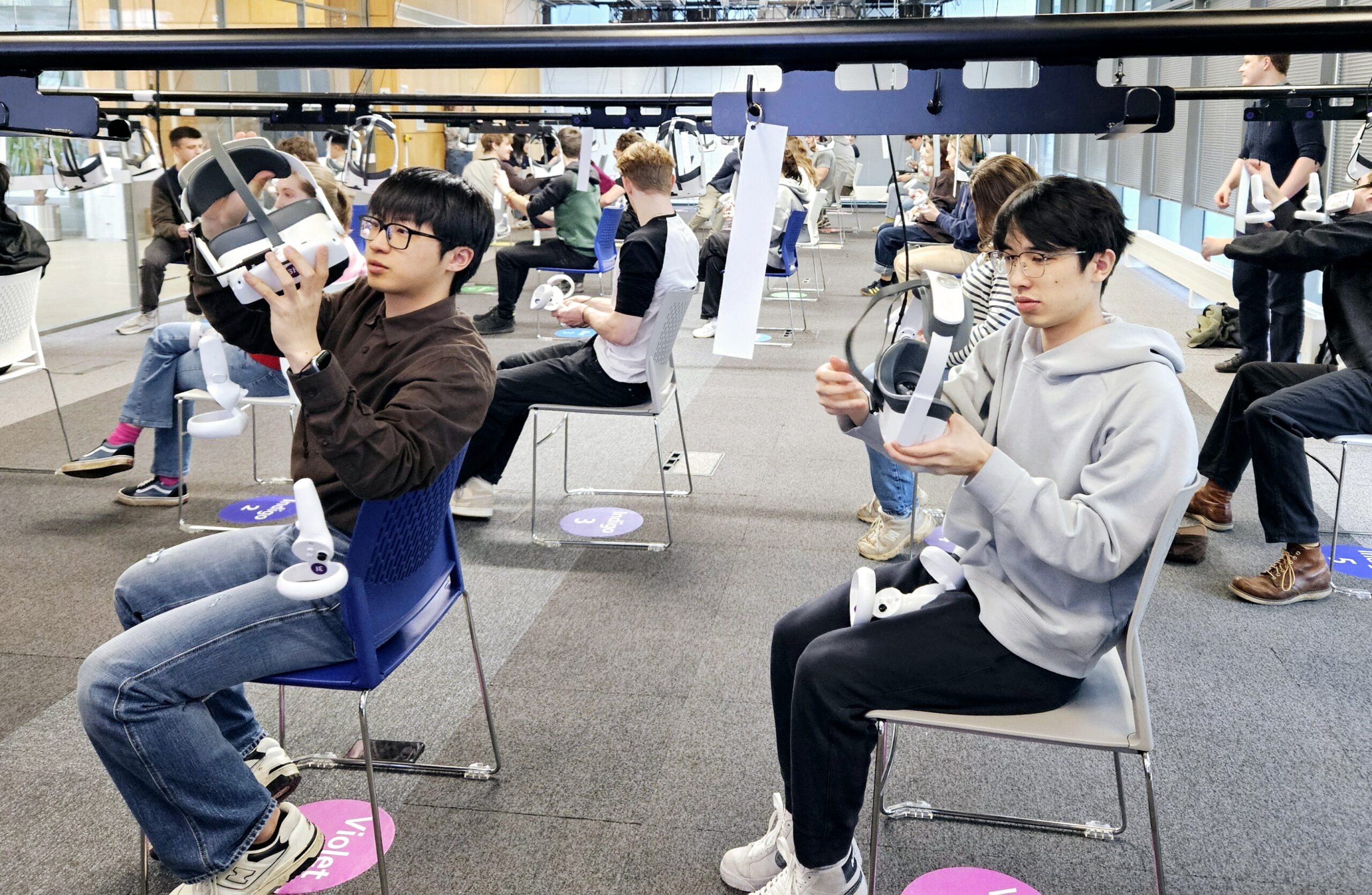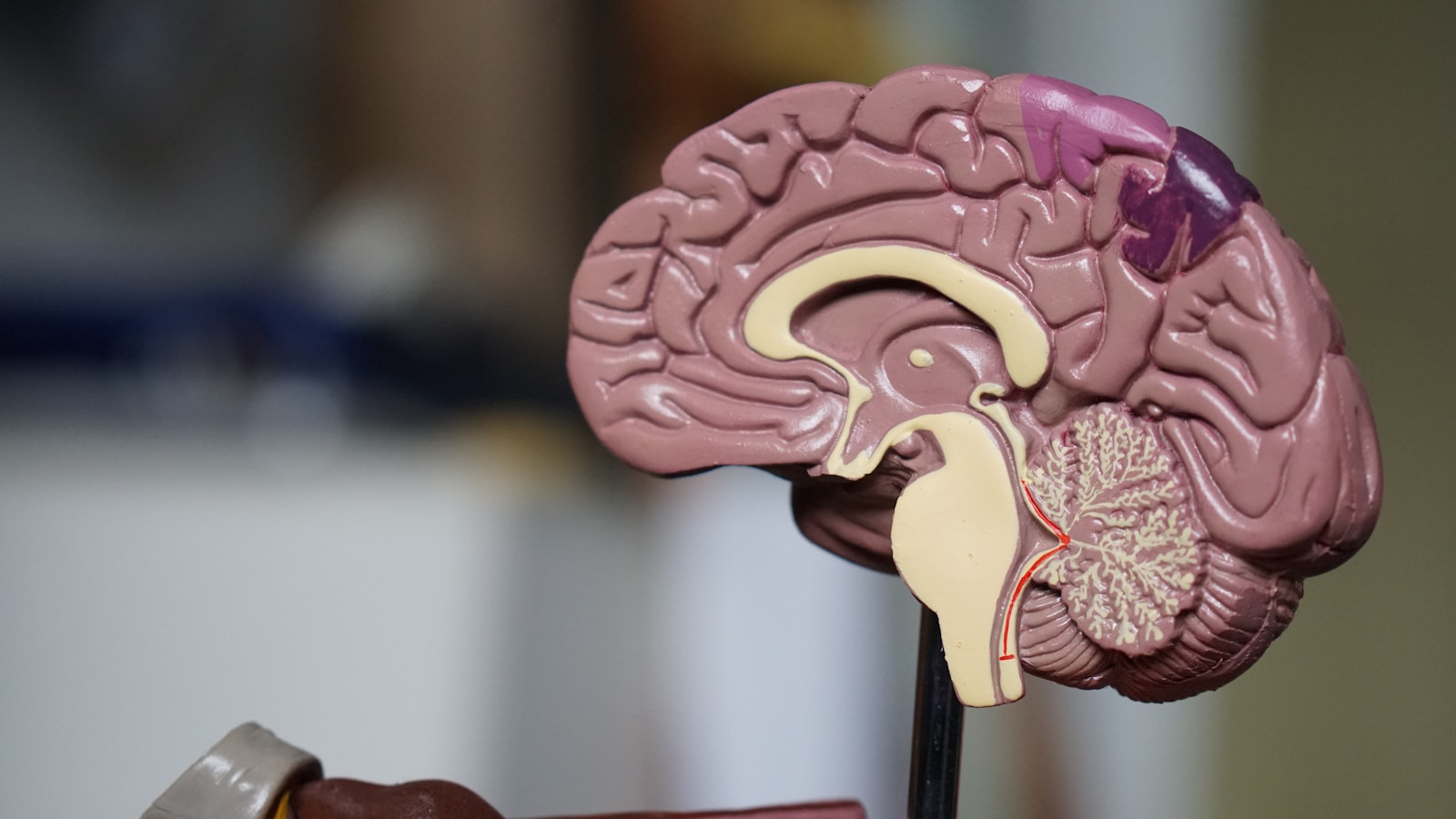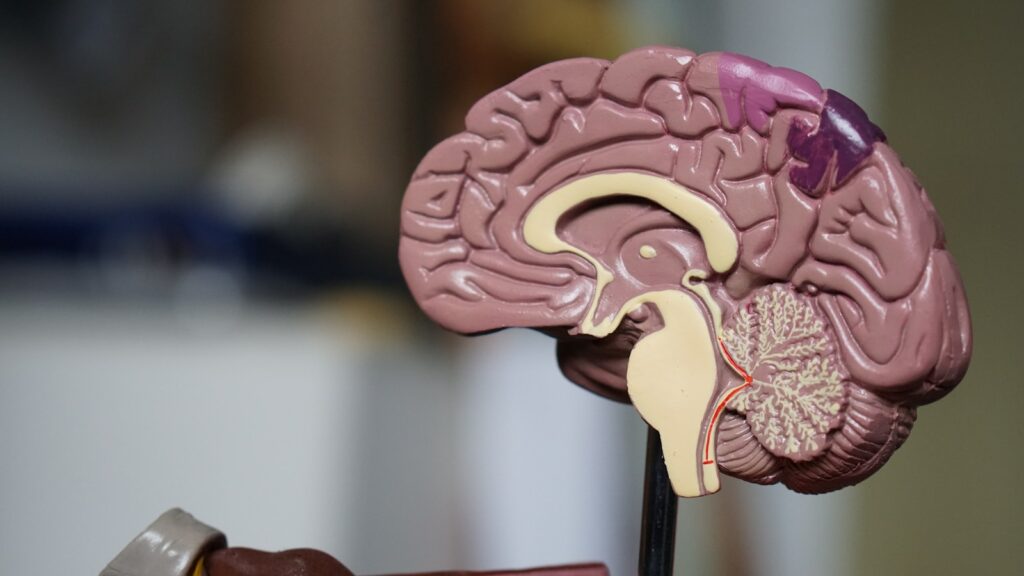Insider Brief
- The University of Nottingham’s Engineering Science and Learning Centre (ESLC) features a classroom that enables remote viewing and communication between lecturers and students in a way that’s never been done before.
- The class features 40, high image quality VR headsets, 35 of which are tethered overhead to individual high-power PCs with the remaining five consisting of more traditional desk-based systems with display screens.
- Critical Quote: “While many universities, including us, have existing VR labs, these are nowhere near the scale of our newly unveiled facilities, which will provide our students with access to cutting edge tools and technologies unlike anything else on offer across the globe.” — Professor Joel Segal, Head of Mechanical Materials and Manufacturing Engineering (M3) in the Faculty of Engineering.
- Image and Story: University of Nottingham
UNIVERSITY NEWS — Based in the university’s Engineering Science and Learning Centre (ESLC), the classroom enables remote viewing and communication between lecturers and students in a way that’s never been done before. Containing 40, high image quality VR headsets, 35 of which are tethered overhead to individual high-power PCs with the remaining five consisting of more traditional desk-based systems with display screens, students can choose the way they want to learn and experience VR.
In addition to the in-situ technology, 90 wireless headsets are available to loan to students. These can be used in any location so that they can continue their studies outside the classroom. There is also staff and student access to several 3D scanners and 360 stereoscopic cameras.

Professor Joel Segal, Head of Mechanical Materials and Manufacturing Engineering (M3) in the Faculty of Engineering, said: “While many universities, including us, have existing VR labs, these are nowhere near the scale of our newly unveiled facilities, which will provide our students with access to cutting edge tools and technologies unlike anything else on offer across the globe.”
We have a desire to be at the forefront of technology in teaching and we’ve already been making strides in this area in recent years in our smaller VR labs. Now, however, we have the opportunity to take the lead in the UK and further build our reputation for producing engineers that are ready to shape the real world.
The room can also be used flexibly for other teaching purposes as, when not in use, the headsets can be raised into the ceiling space.
Another aim of the facilities is to allow real time collaboration across international campuses, as Nottingham’s Ningbo campus has its own VR lab, so that students from across the world can work together in labs or in design-based exercises.
Professor Sam Kingman, Pro-Vice-Chancellor for the Faculty of Engineering, said: “The virtual reality classroom is an incredibly exciting addition to our teaching facilities as we continue to position ourselves at the forefront of VR teaching. We believe that great minds don’t think alike, which is why we want to provide our students with a truly unique experience.”
“We’ll also be working to create custom environments and objects that are suitable for teaching a range of engineering and architecture subjects as we widen our remit in the coming years to allow students from other courses access to the VR classroom.”
To find out more about the Faculty of Engineering, please visit: www.nottingham.ac.uk/engineering/index.aspx
If you found this article to be informative, you can explore more current Digital Twin news here exclusives, interviews, and podcasts.













